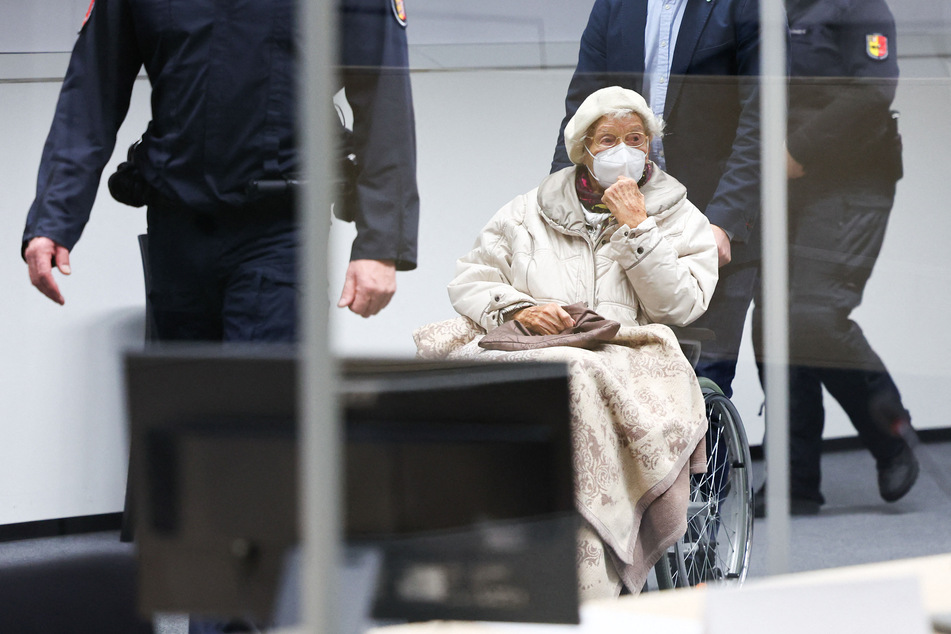Former Nazi death camp secretary convicted of helping murder over 10,000 people
Itzehoe, Germany - An elderly woman who formerly served as a secretary at a Nazi concentration camp has been convicted for being an accessory to the murder of over 10,000 people.

Irmgard Furchner (97), given the nickname of the "secretary of evil" by German media, was given a two-year suspended sentence on Tuesday for her time serving the SS commander at the Stutthof concentration camp during World War II.
Furchner was convicted of being an accessory to 10,505 counts of murder, and 5 counts of attempted murder.
Prosecutors sought a conviction for her "aiding those in a position of responsibility at the former Stutthof concentration camp with the systematic killing of those imprisoned there, due to her work as a shorthand typist/secretary in the Camp Commandant’s Office between June 1943 and April 1945."
The ongoing trial has been taking place in juvenile court since Furchner was under 21 during her time working at the camp.
Defense lawyers have argued that she may have not been aware of the killings taking place at the camp during the time, and proof of intent is required for criminal liability in Germany.
Irmgard Furchner and the Stutthof concentration camp
According to the US Holocaust Memorial Museum, the camp was established in 1939 in a secluded area near the town of Stutthof in Poland.
Conditions at the camp, which was surrounded by barbed-wire fences, were incredibly harsh, with many prisoners dying by gas chamber, lethal injection, or constant breakouts of diseases such as typhus.
Irmgard Furchner has remained mostly silent during the trial which began in September 2021, even as Holocaust survivors and the family of prisoners have urged her to speak up. At the beginning of the trial, she attempted to flee by taxi, skipping out on her court date, but was later arrested by authorities.
Earlier this month, Furchner finally spoke out and apologized for what took place at the camp, saying she deeply regretted being in Stutthof at the time.
Cover photo: Christian Charisius / POOL / AFP
